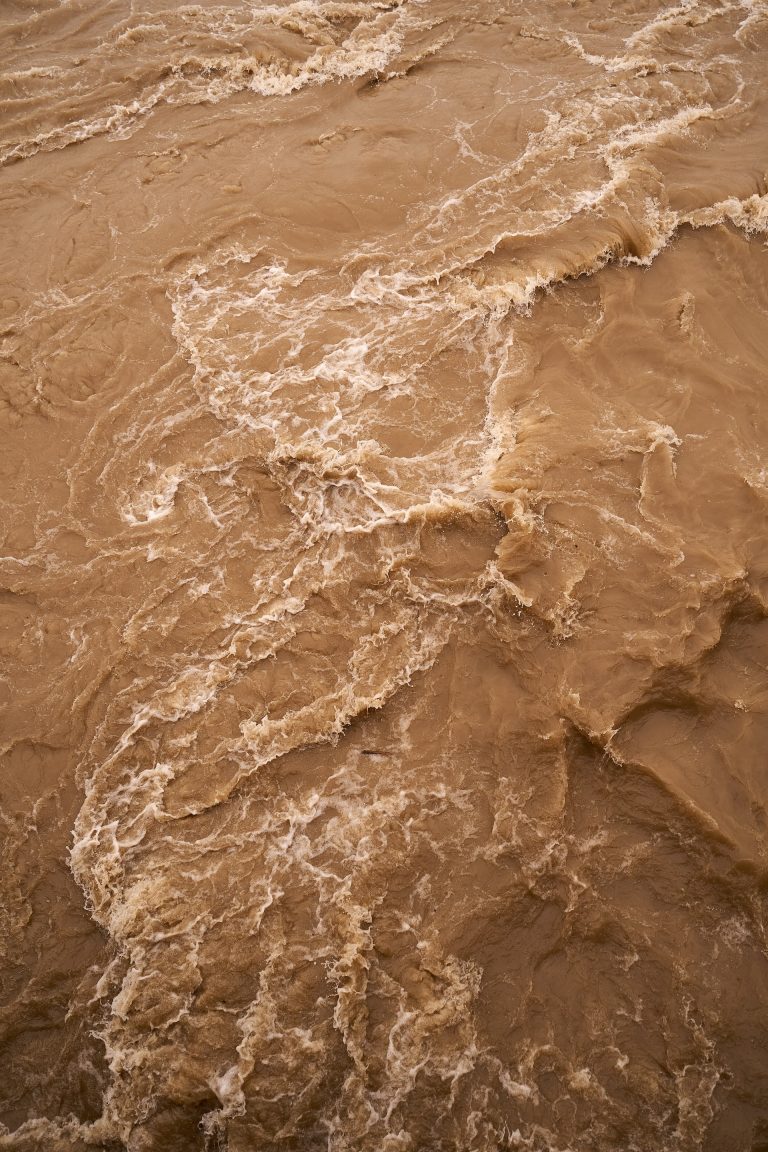
One of the positive direct benefits of flooding is the replenishment of surface water and groundwater supplies. The replenishment of supplies can benefit soil, resulting in healthy crops and pastures.
We provide Canadian educational resources on water practices to promote conservation and sustainability. Our team crafts current and relevant content, while encouraging feedback and engagement.
The Canada WaterPortal is a registered charity, #807121876RR0001
We recognize and respect the sovereignty of the Indigenous Peoples and communities on whose land our work takes place.
© 2025 All Rights Reserved.